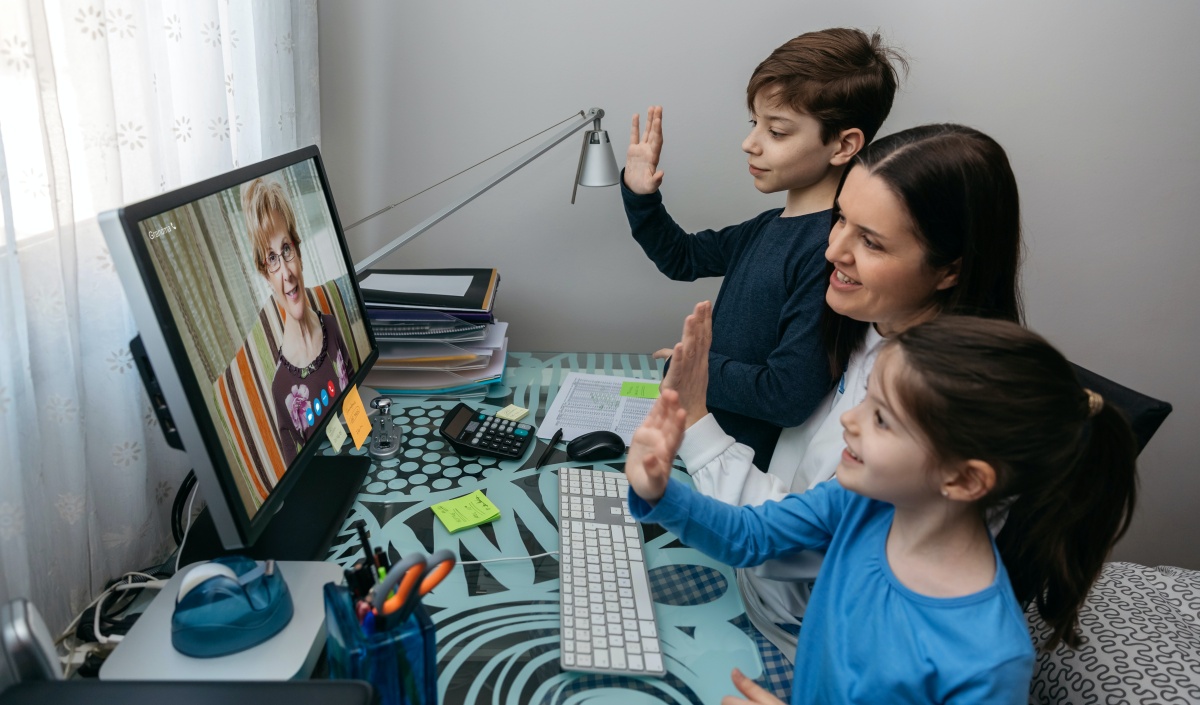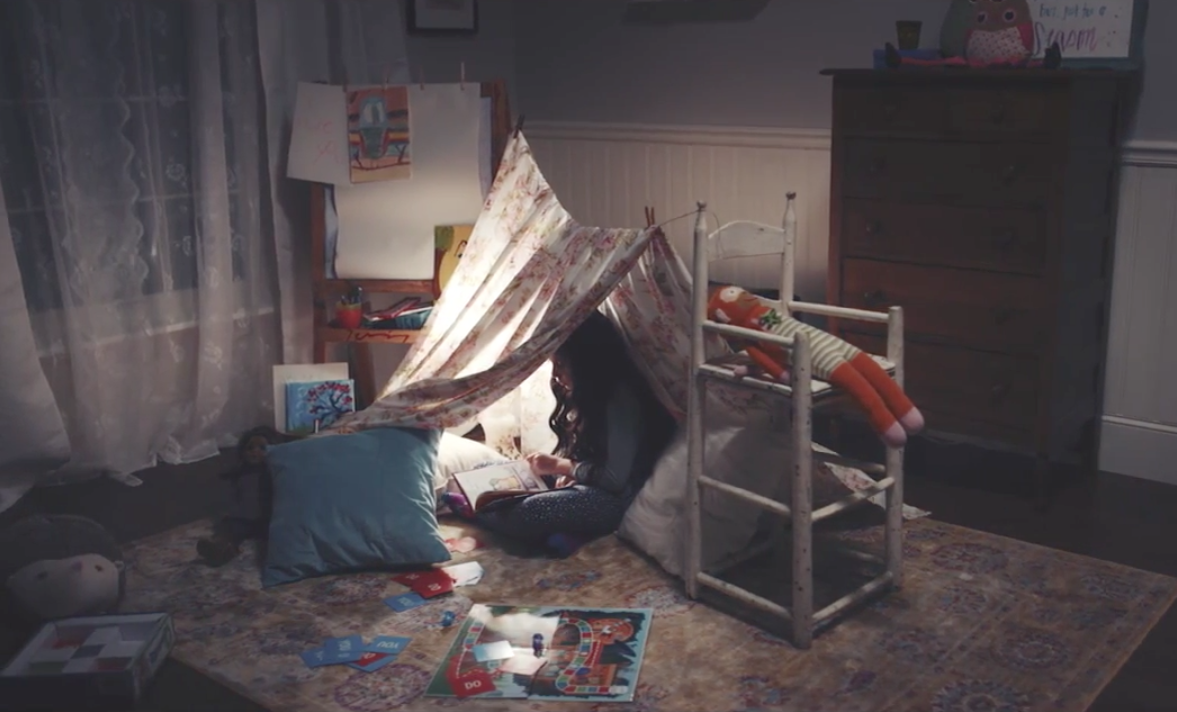
“What’s your advice for a new special-needs parent?”
As a mother to an adult child with multiple disabilities, I get asked this often. It’s usually from a parent or caregiver struggling with a fresh diagnosis, or a compassionate friend (aka “first responder”) seeking to support one. Regardless of how rare a diagnosis or how unique the family dynamic, six ingredients appear universal to the secret sauce of thriving special-needs families:
1. Permission to grieve
When a child is diagnosed with disability, parents also grapple with their own (undiagnosed) spiritual disability. Truthfully, our child is just as wonderfully and fearfully made as they were, pre-diagnosis. What we grieve is the loss of expectations—the death of our unspoken dreams. We can give ourselves permission to grieve, because God does. The Bible dedicates significant real estate to honor our humanity, brokenness, and doubt.
Authentic grieving can unlock spiritual healing. Get with safe people willing to hold an emotional barf bag for you without judgment, platitudes, or prescriptives. A thorough purging of the sick in our hearts is prerequisite to recovery.
2. Ask for help
The lifelong squeeze of special-needs parenting leaves little room for mommy-martyrdom. This is bigger than us. We will need help. People want to help, but they’re often at a loss as to how. It’s not that they don’t care. They probably care so much they’re paralyzed with fear of getting it wrong. Don’t mistake reticence for reluctance. We may need to spell out what we need. Help them, help us. Give them a chance to flex their God-ordained compassion muscles.
3. Squelch the Overactive Guilt Gland
The Parental Guilt Gland lies dormant until activated at birth or adoption, striking acutely in mothers. The Gland kicks into overdrive upon receipt of a diagnosis and ceases only upon death. Until then, nothing we do will ever feel enough. Be advised: It’s the devil’s job to accuse, tear down, and destroy. Our best efforts will fall short. But God’s grace is sufficient. There’s nothing we could do—or fail to do—that He cannot compensate or atone for. We’re covered; fully insured by a policy of sovereignty.
4. Let Wonderful People Come (And Bad Ones Go)
Stunningly cruel and judgmental people and stunningly generous, compassionate, and helpful people will enter our lives. Both will take our breath away and make us cry. Neither will come when we expect (we’ll expect one, but get the other). Some people come as blessings; others as lessons in Forgiveness School. Give thanks in all circumstances because everything can refine us.
Friends are the family we choose. Community is optimal when composed of both fellow special-needs families who “get it” (their help may be limited because they’re dealing with the same challenges), and people who don’t get it, but have greater capacity to help. They need us as much as we need them (See #2).
5. Respite and Fun Are Necessary Rx
Wizard parenting in a Muggles world is grueling. Heed the profundity of flight attendants: “Put your mask on first.” A burnt-out caregiver is no good to anyone—dangerous, even. Tame the shrew of compassion fatigue with respite. Temporarily park that Guilt Gland for life-giving moments of levity. We rarely miss time or money spent, but we do regret missed opportunities. Fun is underrated therapy. We need it as much as our children do because one of the greatest gifts we can offer is a refreshed, joyous, and hopeful us.
6. Don’t Expect Others to Understand
Unless they’re us, they can’t. Yes, we are the world’s expert in our child. But that unwritten, unabridged Wikipedia in our mind (all those rules, rhythms, and routines!) is too long for anyone to read, and mindreading is a lost art. The secret to contentment? Lowered expectations. Expect precious little and gratefully receive any bonus that comes as gravy.
In truth, only one Person in history can lay claim to a holy, wholly exclusive experience. Only He understands, “No one understands what I’m going through!” He gets it. He gets us. Hallelujah.
Had our unique child been like everyone else’s, we might never have tapped into how deeply we could love, how bitterly we could weep, and how fiercely we could fight. As we strive to maximize our children’s potential, they maximize ours. We may not have gotten the child we expected. But they remake us into champions and cheerleaders we never thought we could be: A worthy offering our children deserve.




